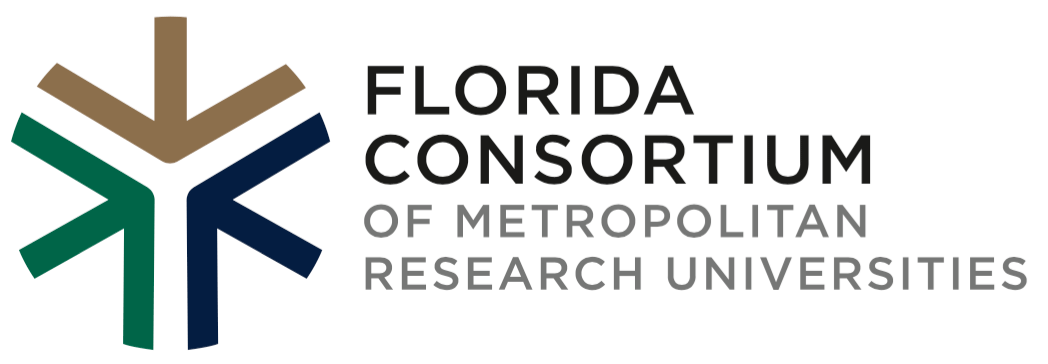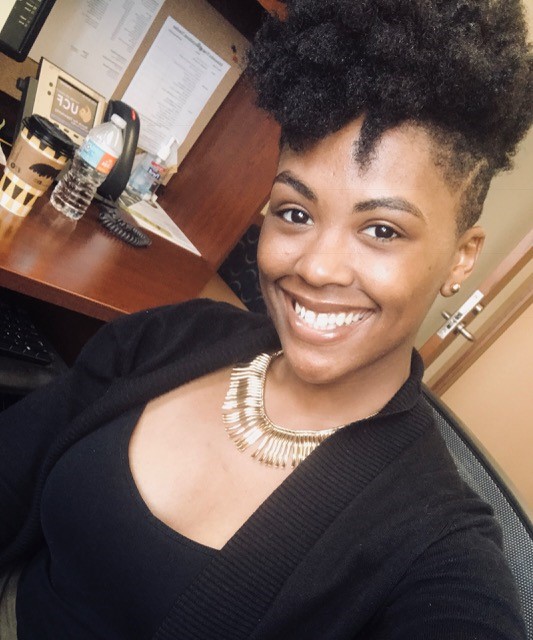“Despite the controversy over the value of paid versus unpaid internships, recent studies have indicated that students graduating with internship experiences, in general, are more likely than students without those experiences to find employment upon graduation (Callanan & Benzing, 2004; D’Abate, 2010; Gault, Redington & Schlager, 2000; Knouse, Tanner, & Harris, 1999; Knouse & Fontenot, 2008)”
At the Florida Consortium we believe internships are critical component of learning and career readiness for students. More often than not, the benefits of structured internships occur long after graduation. Here are some fun facts about Desiree George the Florida Consortium’s spring semester intern:
Tell us about yourself:
I am pursuing a Master of Arts in Educational Leadership at the University of Central Florida. I am originally from Miami, Florida and received my Bachelors of Science in Athletic Training from The Florida State University. I will serve as an intern with the Consortium for spring 2019 semester and will be graduating this upcoming May. In addition to my internship, I work as a Graduate Teaching Assistant in the Experiential Learning Office at UCF assisting students in gaining internship and co-operative education experiences.
Describe your academic program at UCF?
The Higher Education and Policy Studies program, aka The HEPS program, prepares students for careers in higher education and student affairs. Basically, this program will prepare me to become anything from a counselor in Career Services to an Associate Vice President and Dean of Students at a college or university. My dream role post-graduation is to be a Director of a program that caters to the success of underrepresented populations. As someone who participated in one of these programs, I recognize the vast potential of these students and wish to be more than just an advocate for their success.
What are you working on at the Florida Consortium and how has your program at UCF helped?
In my program, I have learned about the history of higher education stemming back to 1636 when Harvard was founded, why community colleges were created, and the difference in governance between public and private institutions. I’ve studied how finances in higher education works and the different legal cases and laws that have shaped policies within colleges and universities. I have also had classes about student retention and student development theories. These two topics have the biggest influence on the work that I will be doing at the Florida Consortium. One of my first projects at the Consortium is to create a report on the State of First Generation Students in Florida in preparation for the Focus on First Generation conference hosted by the Florida Consortium and Florida International University. The knowledge from those classes has helped to guide my research for this project and will add to the final report.
What else should readers know about you?
I truly love working with college students to ensure their success beyond graduation. I chose to complete my internship with the Florida Consortium because I was intrigued by the work that the Consortium does and the approach they take. The Florida Consortium aims to foster student success in innovative ways, with students and all of their different backgrounds, challenges, and assets in mind. This is how I believe that Higher Education should work.
Related Reading:
• The Positive Implications Of Internships On Early Career Outcomes
• New Research on Internships and Experiential Learning Programs
• Paid Interns More Likely to Get Hired
• National Intern Day

